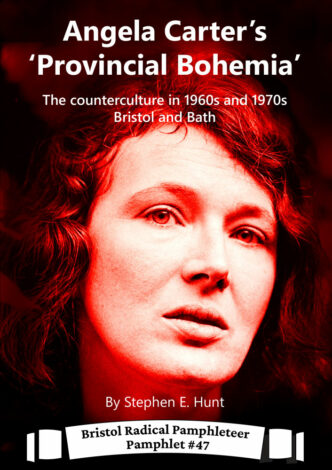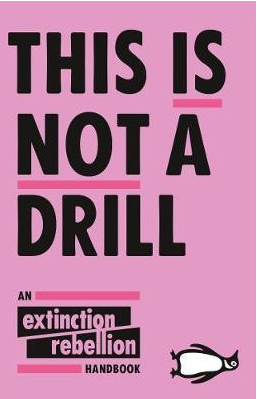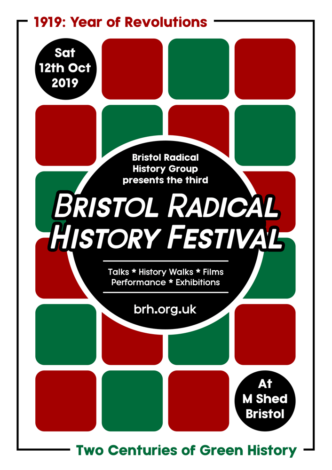Angela Carter’s ‘Provincial Bohemia’
The counterculture in 1960s and 1970s Bristol and Bath
Socialist and feminist novelist Angela Carter is one of the most acclaimed late-twentieth-century English writers, famous for short-story collections such as The Bloody Chamber and novels including Nights at the Circus and Wise Children. Angela Carter’s ‘Provincial Bohemia’ takes Carter’s life and work in Bristol (1961-1969) and Bath (1973-1976) as a starting point to explore the artistic, radical and experimental communities that flourished at that time. Newly recorded interviews and other […]




